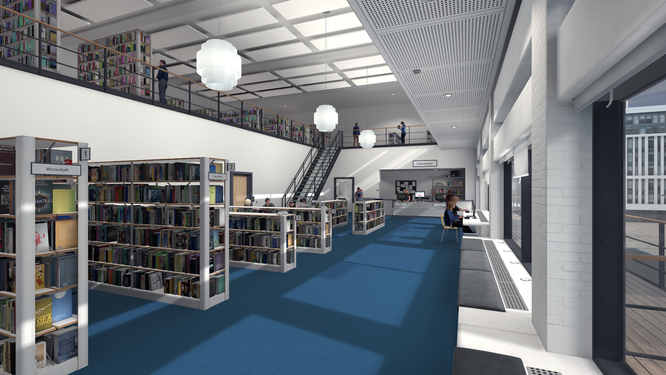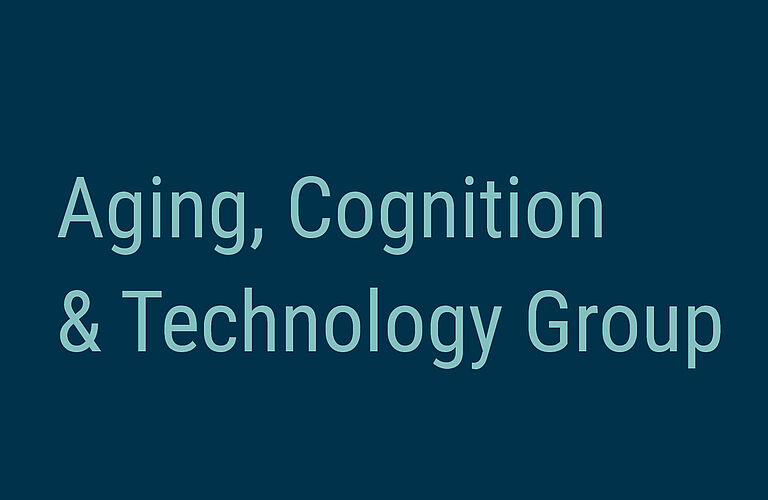Treating psychiatric disorders with Interactive Virtual Reality
In addition to cognitive deficits, aging is often accompanied by emotional disturbances. For example, social anxiety disorder (SAD) – one of the most prevalent psychological disorders in older adults – has severe emotional, financial and social consequences for patients and their peers. At present, SAD is predominantly treated with cognitive behavioural therapy, in which patients are repeatedly exposed to fear provoking, social situations. However, patients often have to wait very long before treatment becomes available, it is rarely applied with the necessary intensity due to resource limitations, and objective measurement of treatment efficacy and dynamic adjustment of therapeutic scenarios is difficult.
These problems can be overcome using interactive Virtual Reality (VR). VR facilitates the exposure to challenging situations and stimuli because we can make them interactive and with a high degree of realism. For example, instead of going places or organizing an audience for mock presentations, the practitioner can present highly immersive scenarios to a patient in their office. Moreover, these scenarios can be flexibly adjusted in real time to tailor the therapeutic situations to each individual patient.

In the neomento project, we have assembled an interdisciplinary team comprising software engineers, psychologists and economists to develop an innovative system for the treatment of SAD. In addition to immersing a patient into highly realistic and interactive social scenarios, we collect measurements of heart rate, respiration, skin conductance, and eye movements. These data provide objective indices of a patient’s stress level, and they enable biofeedback training. Moreover, they help the therapist to better understand dysfunctional behaviours while patients gain additional, objective perspectives on their symptoms.

Experimental studies have confirmed the effectiveness of VR exposure therapy for SAD and a range of other psychiatric diseases. In close collaboration with clinical partners (e.g. Charité Berlin), we continuously test and refine the software. The ultimate goal of this project is the creation of a software suite ready for clinical use.
Further reading
Streck A., Stepnicka P.; Klaubert J. & Wolbers T. (2019). neomento SAD - VR treatment for social anxiety. Proceedings of the IEEE International Conference on Artificial Intelligence and Virtual Reality (AIVR), 245-246.
Streck, A., & Wolbers, T. (2018). Using Discrete Time Markov Chains for Control of Idle Character Animation. Proceedings of the 2018 IEEE Conference on Computational Intelligence and Games (CIG'18), 381-384.
Please find more information at the neomento website.

